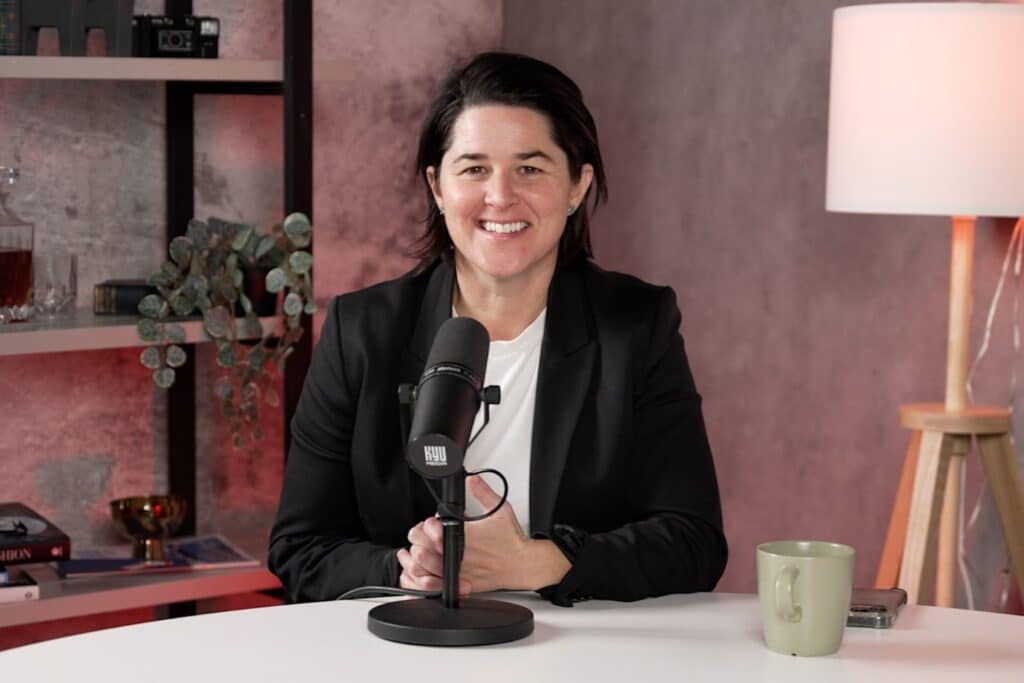The Matildas campaign at the Paris Olympics may have come to a crushing end, but the wave they’ve been riding after decades of knocking down barriers is only getting bigger.
Many fans of the Matildas admit the team was the spark for their interest in sport, while others have held a love for the game of football for a long time.
Former Matildas player Sarah Walsh has some insight into why the Matildas craze has become so powerful and far-reaching.
“I’ve kind of got this long-term macro view of it,” says Walsh, noting that she went from being “a five-year-old not being able to get changed at a community club to being a Matilda who is trying to negotiate for laundry and Wi-Fi, to doing an equal pay deal, being on the other side in 2019 to delivering the biggest sporting moment for Australia.”
During her time with the Matildas, Walsh scored 70 caps and 35 international goals, and she knows first hand what it’s like to represent your country on the world stage, having played in the 2023 FIFA Women’s World Cup in Sydney.
Now an Executive at Football Australia, Walsh has helped attract half-a-billion dollars in investment for women and girls in the game. She speaks to Dinushi Dias on today’s episode of The New Rules, a Women’s Agenda podcast taking you behind the scenes of the rise of women’s sport.
“I had a fantastic childhood where my parents never told me that I couldn’t play for the Socceroos. And let me dream, you know,” says Walsh, sharing what it was like to grow up as a girl when the game of football was mainly catered to boys.
“I think we were in the one percenters. I played with boys. I was always the only girl on my team.”
“You actually still hear these stories from current Matildas, like Sam Kerr, Steph Catley – they’ve been playing for a long time now, but we had the same experiences – not the same for Ellie Carpenter or Mary Fowler, who had more options around them with girls.”
“And that’s what we try to work on, making sure that we’re not just focused on the one percenters. Young girls can just turn up with their girlfriends to play. And we don’t have that issue anymore. We’re turning girls away from pitches. But for me, I would have run through brick walls to play for my country.”
This incredible love for the Matildas wouldn’t be what it is today without a deliberate strategy in place to allow the team to shine outside the shadow of the men’s national team, Walsh says.
Back when the women’s football team was formed in the seventies, they were referred to as simply the “female Socceroos”. So, it’s clear the game has come a long way for women in sport.
“We’re redefining what sport is through the Matildas, and I just don’t think it’s either been marketed or actually positioned well enough to appeal to the masses.”
“It is also a sign that maybe culture is changing, because I know even when I was young and we were watching soccer and FIFA games and things like that, the conversations in the room with the boys in the room was all like ‘girls can’t play soccer’.”
Walsh says that a large part of this culture change has been achieved through making the sport more gender equal, such as when the Matildas reached an equal pay deal with the Socceroos in 2019.
“Something happened after that moment,” she says. “We stopped talking about it. They were paid, they were respected. We were in business with the players and so then we could actually talk about how we commercialise and innovate.”
To hear more of the conversation with Sarah Walsh, check out the fourth episode of Women’s Agenda’s The New Rules podcast. You can find it below, or on Apple Podcasts and Spotify.


